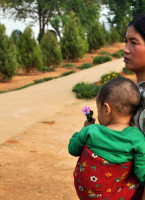Ethnic Conflict in Myanmar
Topic category
Myanmar is one of the most ethnically diverse countries in the world. While making up to 40 per cent of the population, ethnic minority groups have long been marginalised and denied basic rights due to decades of civil war and competing economic interests in areas and resources on which many nationality peoples depend for survival. TNI’s work in this field centralises around promoting the active role of ethnic-based civil society organisations in peace, reform and policy-making processes.
Latest
Featured
-
Arakan at the Crossroads Addressing Newly-Emerging Military and Political Dynamics
Publication date: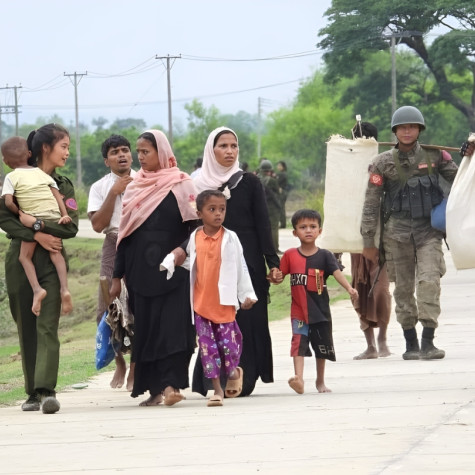
-
The Nationwide Ceasefire Agreement in Myanmar Promoting Ethnic Peace or Strengthening State Control?
Publication date: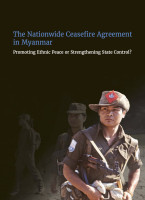
-
Arakan (Rakhine State): A Land in Conflict on Myanmar’s Western Frontier
Publication date: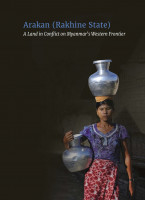
From War to Peace in Kayah (Karenni) State
Kayah State, historically known as “Karenni State”, is an example of the reform dilemmas that the ethnic nationality peoples in Myanmar face today. Although the country’s smallest state, it reflects many of the challenges in peace-building and socio-political transition that need resolution in Myanmar at large: political impasse, a multiplicity of conflict actors, contested natural resources, land grabbing, humanitarian suffering, and divided communities seeking to rebuild after more than six decades of civil war.
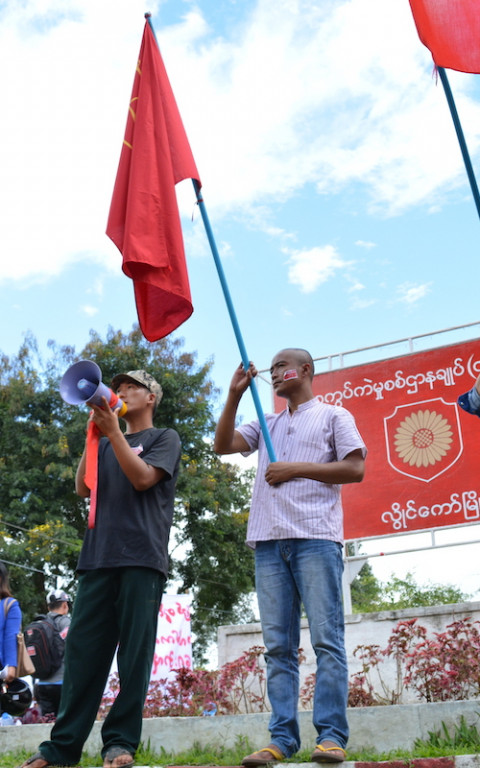
Key documents
-
The Nationwide Ceasefire Agreement in Myanmar Promoting Ethnic Peace or Strengthening State Control?
Publication date:
-
Myanmar: Ethnic Politics and the 2020 General Election
Publication date: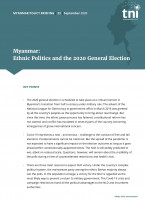
-
Arakan (Rakhine State): A Land in Conflict on Myanmar’s Western Frontier
Publication date:
-
From War to Peace in Kayah (Karenni) State A Land at the Crossroads in Myanmar
Publication date: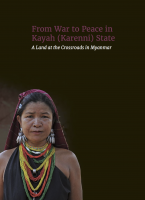
-
Beyond Panglong: Myanmar’s National Peace and Reform Dilemma
Publication date: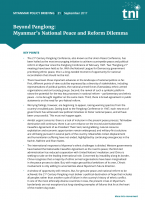
-
Ethnic Politics and the 2015 Elections in Myanmar
Publication date: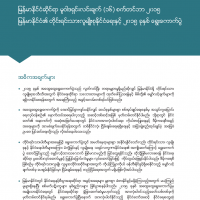
-
Military Confrontation or Political Dialogue Consequences of the Kokang Crisis for Peace and Democracy in Myanmar
Publication date: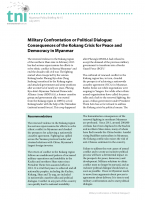
-
Access Denied: Land Rights and Ethnic Conflict in Burma
Publication date: